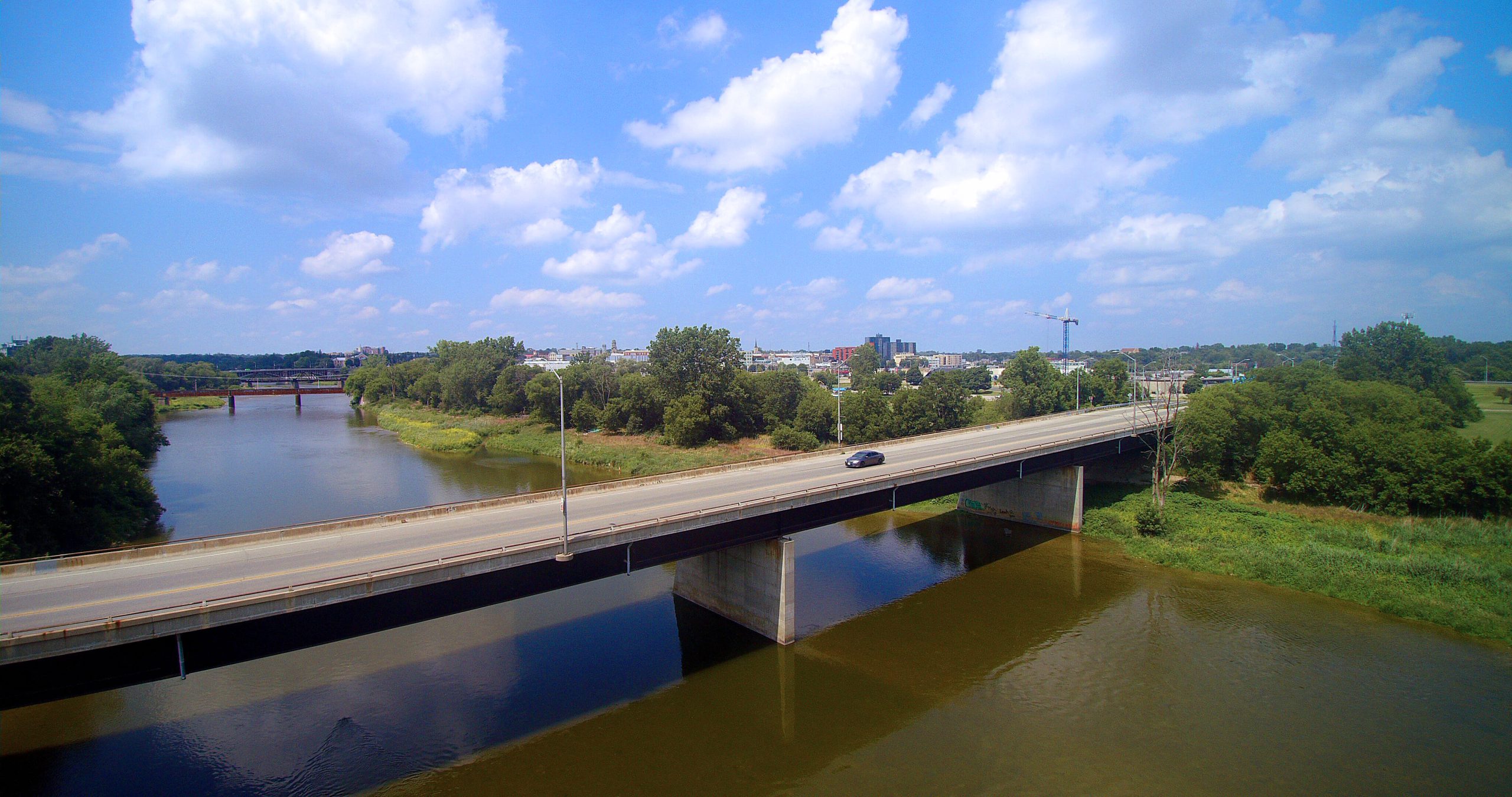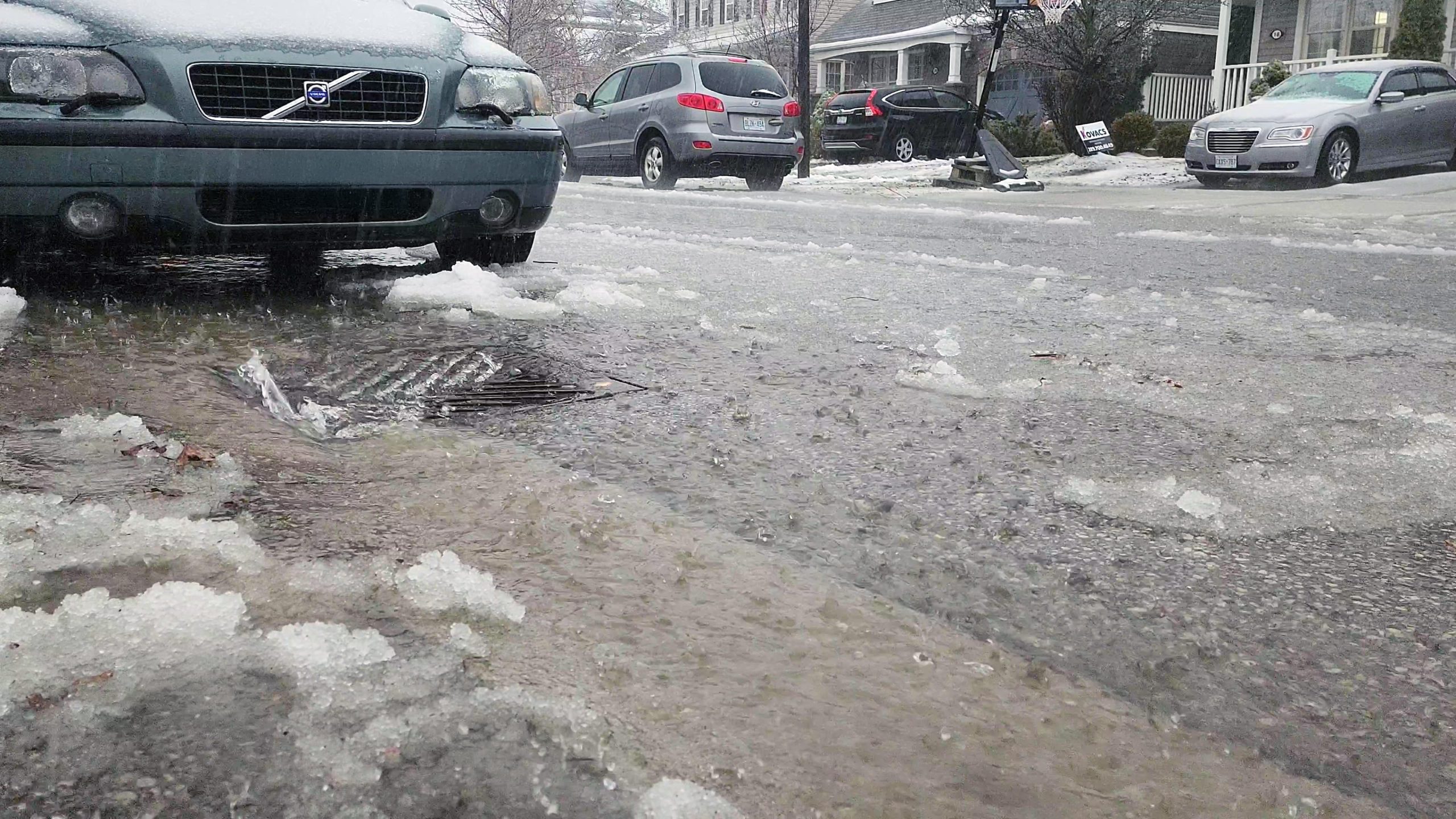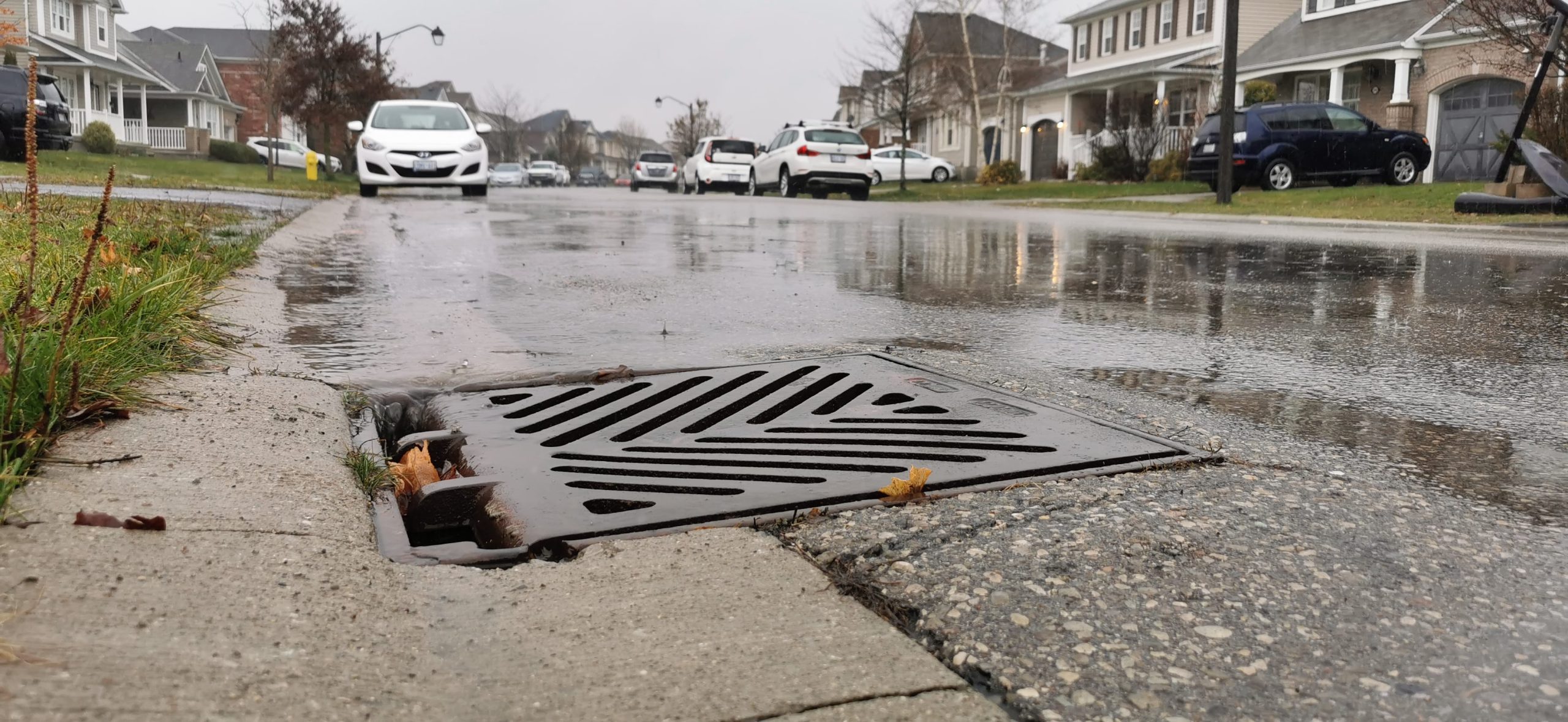Using the concepts, procedures, and methods identified in the Ontario Structure Inspection Manual (OSIM) you will:
• Identify the type and severity of material defects,
• Assess and rate the condition of a variety of bridge elements, and
• Report your findings using the OSIM forms.
Course Content
• Types of Bridges
• Bridge Elements
• Materials focusing on concrete, steel, and asphalt.
• Material defects
• Procedures for conducting and documenting a detailed visual inspection using OSIM, including identification of material defects, material condition, defect severity levels, and performance deficiencies.
• Inspection Safety
• Field trips to bridges
Who Should Attend
Government employees, consultants, and contractors involved in the detailed visual inspections of bridges, or individuals who need to gain an understanding of OSIM reports.
Recommendations
A basic understanding of bridge types and bridge elements.
Materials Required
• CSA approved safety vest, hard hat, safety boots, safety glasses, and appropriate outdoor clothing for the field trips.
o Clothing: CSA Standard Z96-15
o Hard Hats: CSA Standard Z94.1-15
o Work Boots: CSA Standard Z195-14
o Safety Glasses: Z94.3.1-16
• Calculator
Evaluation Process
Pre-course evaluation, case studies, field assignments, and open-book knowledge evaluation.
Accreditation:
This course is recognized by:
- This course is recognized by:This course qualifies as a “specialized course” for the Association of Ontario Road Supervisors (AORS) Certified Road Supervisors – Intermediate level (CRS-I) certification program.
- This course may be used for technical specialist, technician, and technologist programs. Point Value = 7
- The Engineering Institute of Canada awards 3 Continuing Education Units to this course.









